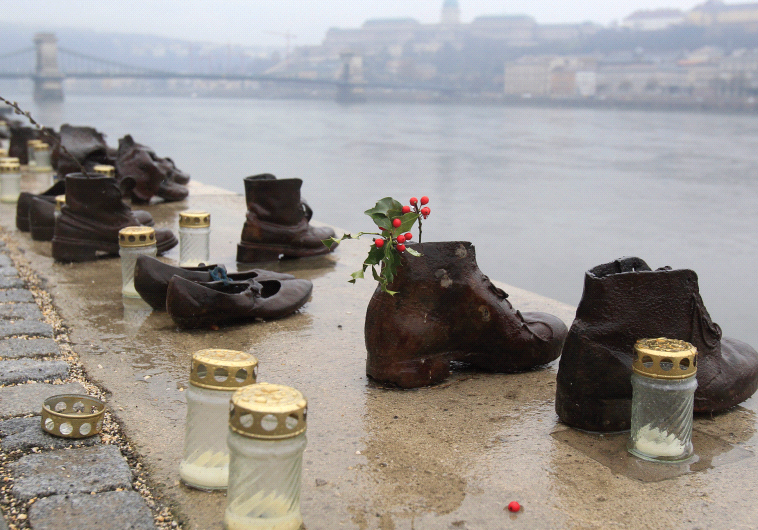Thoughts on Rudolf Kastner
My maternal grandparents were an elderly, very gentle couple, low-key and low-profile, who had been subjected to virulent antisemitism for many years.
 A WORLD War II memorial of Holocaust and Nazi crimes on the banks of the Danube River in Budapest.
A WORLD War II memorial of Holocaust and Nazi crimes on the banks of the Danube River in Budapest.